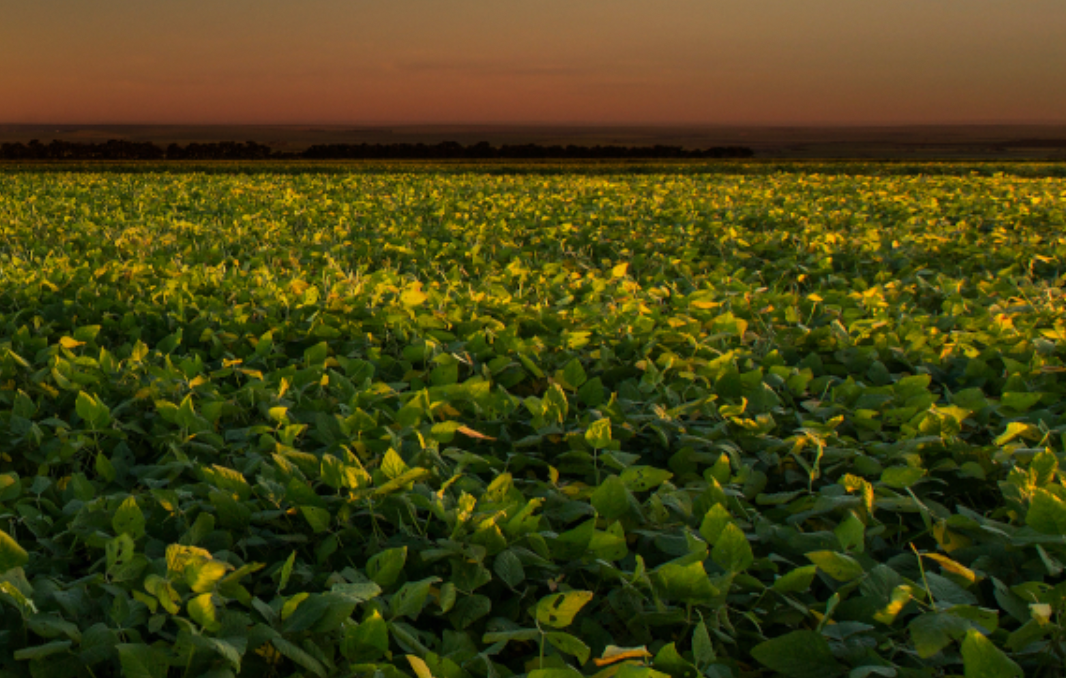With many institutional food buyers, such as universities, restaurants, and hotels, remaining closed or partially open in response to the coronavirus pandemic, the nation’s food supply chain is still adapting to lower demand.
As a result, small and mid-size farmers, especially specialty crop farmers, are struggling to expand their market opportunities. The pandemic has illustrated that greater tools are needed to ensure flexibility in the food supply chain during major crises to ensure both economic security for farmers and food security for consumers.
The Foundation for Food & Agriculture Research (FFAR) today announced $2 million in funding for a multi-organization collaboration, the Open Market Consortium (OMC), to develop and pilot an open-source, public-access blockchain system to connect small and mid-size farmers to institutional buyers and minimize supply disruptions. OMC, led by AgLaunch Initiative, includes matching funds from founding consortium members Mississippi State University, The Seam, Tennessee State University and the Wallace Center at Winrock International, with additional matching funds provided by the Tennessee Department of Agriculture for a total $4 million investment.
“The coronavirus is training a spotlight on the importance of our nations’ farmers, an unseen workforce that keeps us nourished, and the significance of food and agriculture supply chains. In both good times and in times of crisis, this new technology can connect small and mid-size farmers with local institutions to keep food moving from farm to plate,” said FFAR Executive Director Dr. Sally Rockey.
The disconnect between farmers’ supply and institutional buyers’ demand is not new, and it is more problematic for small and mid-size farmers who lack the liquidity to bear the risk of increasing specialty crop production. For the past decade, consumer demand for local specialty crops has created unique economic opportunities for small and mid-size farmers. Yet, new technologies are needed to increase institutional purchasing of these local foods. OMC is building a decentralized, specialty crops market-developing tool that connects specialty crop farmers with food companies and institutional buyers.
“OMC addresses the needs of farmers for a traceable and secure supply back-end system for diverse agricultural crops, while bringing more pricing transparency to attributes related to nutrition, taste, origin or other characteristics,” said AgLaunch Executive Director Pete Nelson.
The project is starting by analyzing the barriers to mutually beneficial contractual relationships between sellers and buyers and developing innovative crop assessment tools for supply chain participants. The Open Market Platform builds on and complements other initiatives underway through the land grant university system, private companies and the US Department of Agriculture. Designed with transparency and traceability at its core, the platform equips farmers with real-time tools and metrics to break into new markets. This innovative platform is intended to drive broad adoption, lower barriers to entry and promote peer-to-peer transactions using smart contracts, which rely on blockchain technology. Institutional buyers using the platform can transact securely and efficiently while supporting resilient, community-driven, regional agriculture and facilitating price transparency for non-commodity crops.
This two-year program is already piloting a prototype version of the technology in Tennessee through the AgLaunch Farmer Network, while coordinating with farmers and local food aggregators across the Mississippi Delta region to connect regional farmers with institutional buyers.
OMC’s research and platform, powered by The Seam, creates new supply and demand opportunities, shoring up the food supply chain. This Consortium further protects farmers, institutions and consumers during the current pandemic and future food system disruptions.
“Technology increases efficiencies and drives markets, and connecting suppliers with buyers is something we have perfected over our 20-year history at The Seam,” said Mark Pryor, Chief Executive Officer at The Seam. “As the pandemic continues to heighten the demand to provide access to farmers, institutional buyers are challenged with keeping crops moving. We are thrilled to collaborate with FFAR, AgLaunch, Mississippi State University, Tennessee State University and the Wallace Center to help digitize and interconnect the food supply chain.”

